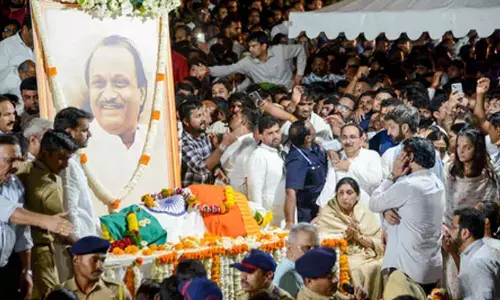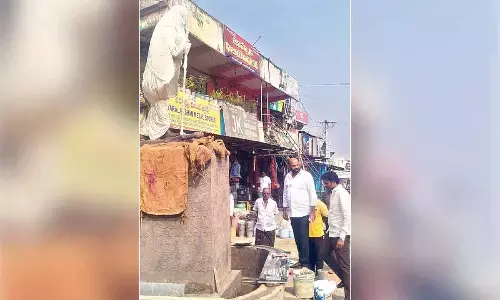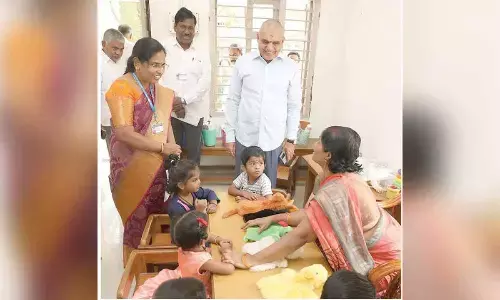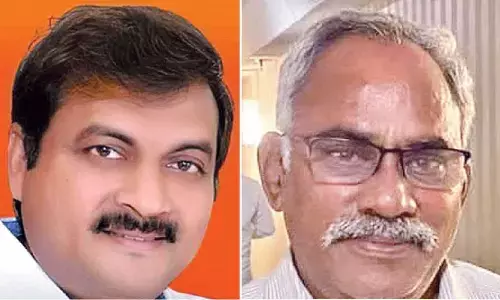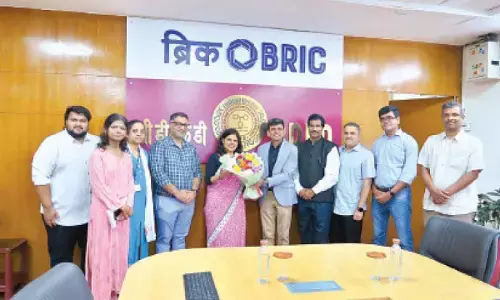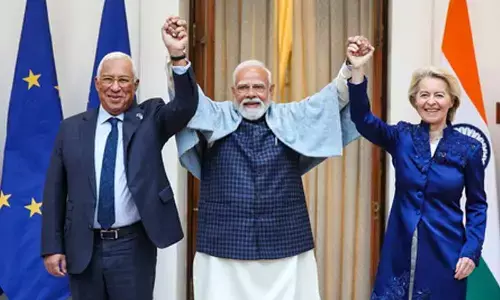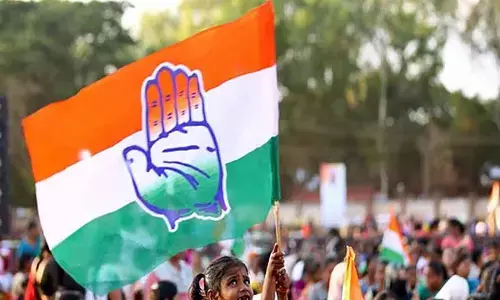'Plasma therapy only way to save critical Covid patients till vaccine comes'
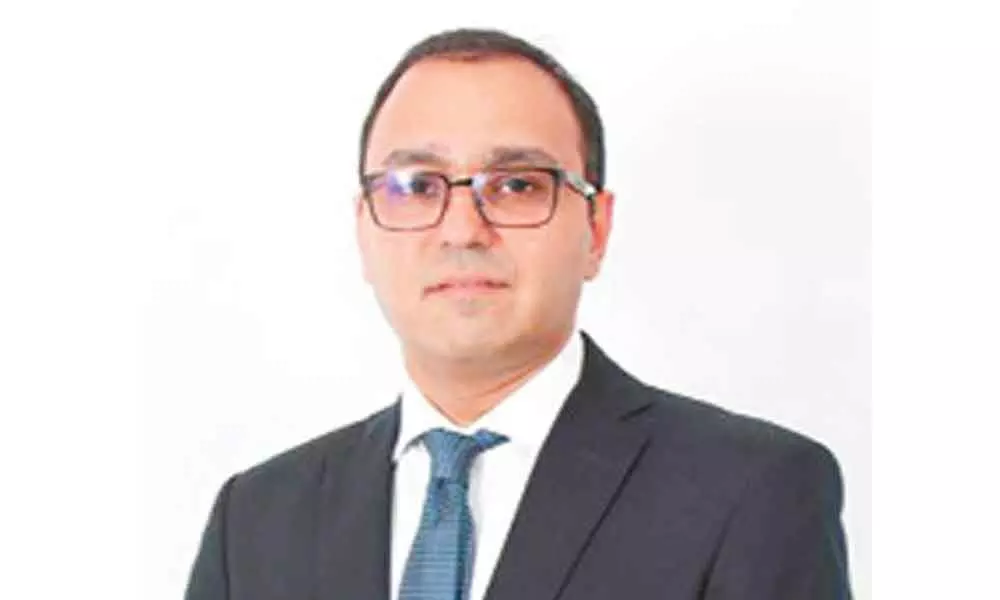
Dr. Vishal Rao
The man behind the state’s first plasma bank, Dr. Vishal Rao, Associate Dean, Centre of Academics & Research, HCG Cancer Hospital states that till the vaccines comes Convalescent Plasma Therapy (CPT) is the only way forward to save critical Covid-19 patients.
Bengaluru: The man behind the state's first plasma bank, Dr. Vishal Rao, Associate Dean, Centre of Academics & Research, HCG Cancer Hospital states that till the vaccines comes Convalescent Plasma Therapy (CPT) is the only way forward to save critical Covid-19 patients.
He says that, "while the evidence for agents such as Remdesivir, Convalescent Plasma, IL-6 inhibitors is by and large not in agreement, we must recognize that as far as effectiveness is concerned, the absence of evidence should not be deemed as the evidence of absence (of effectiveness)."
Dr Rao quotes the study conducted by the Mayo Clinic team along with collaborators who have published a preprint paper with "Three-Month Experience" that the timing of plasma transfusions in a cohort of 35,322 patients was associated with lower mortality.
The team reported that they found lower mortality associated with plasma transfusions that contained higher levels of antibodies against the virus that causes Covid-19.
"The most important key messages from the study was the seven-day mortality rate was reduced in patients transfused within three days of Covid-19 diagnosis compared with patients transfused four or more days after COVID-19 diagnosis. The use of convalescent plasma with higher antibody levels was associated with reduced seven-day and 30-day mortality," he said.
"CPT has been the only treatment with historic proof over the last few decades that has been authorized by the World Health Organisation (WHO) too. It stands on strong scientific principles of passive immunity using recovered patients' antibodies. Given that we still don't have proven agents, and majority of the ventilated patients becoming unsalvageable, in the absence of any intervention, we should not close doors to treatment agents that have shown a fair degree of evidence to Convalescent Plasma, until we get irrefutable evidence from large-scale studies," he explained.
While there have been differences of opinion in the medical fraternity with regards to the plasma therapy Rao says the state government is still supportive of the CPT and the recommendations laid down by the Rajiv Gandhi University of Health Sciences are supportive of the CPT.
Recently, Indian Council of Medical Research (ICMR) conducted an open label Phase II multicentre randomised controlled trial in India across 39 public and private hospitals on the use of convalescent plasma (CP) in the management of cases with moderate COVID-19 disease (PLACID Trial). It was concluded that CPT did not lead to reduction in progression to severe Covid-19 or all cause mortality in the group that received CPT as compared to the group that did not receive CPT.
"In the PLACID trial most of the donors (94.2%) had mild disease. Moreover, since antibody titres were not measured in CP before transfusion due to lack of validated, reliable, commercial tests for qualitative or quantitative antibody measurement, this could be another major confounding factor. This trial is very important as it discourages the indiscriminate use of plasma without checking for antibodies. Generally, the median time to negative PCR (polymerase chain reaction) is 20 days. However, in the ICMR paper >54% have negative PCR by day -7. This means that they have infused plasma on a median of 14 days, which is late as highlighted in Mayo Clinic paper. Infusion within 3 days of admission is useful (Mayo Clinic) and this is not practised uniformly in India," Rao said.
One of the motives behind opening a plasma bank was that the model could be replicated across the country.
"We are working towards looking at patterns of antibodies response in patients jointly with the Indian Institute of Science (IISc) and also assisting scientists with developing ELISA kits that will give accurate antibodies titres to diligently use plasma," he says.








